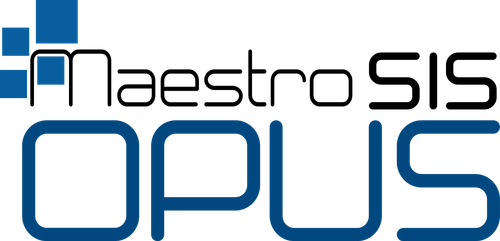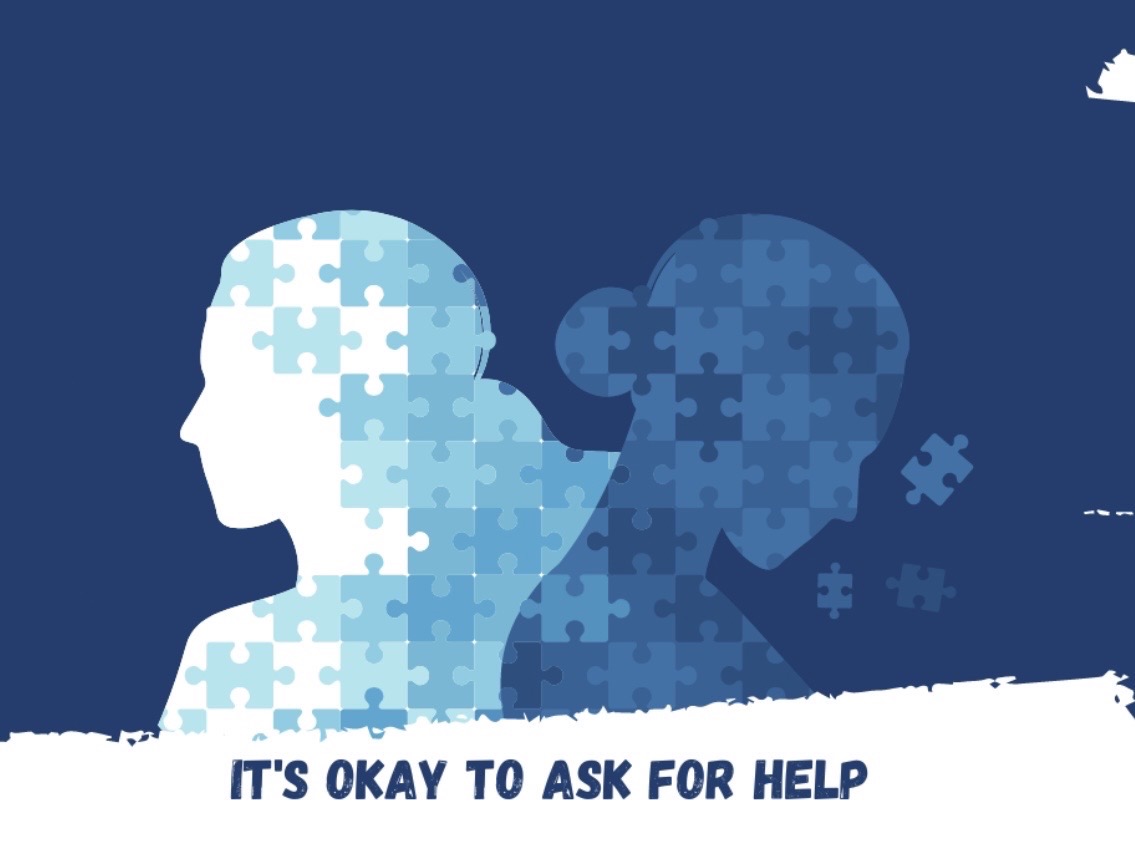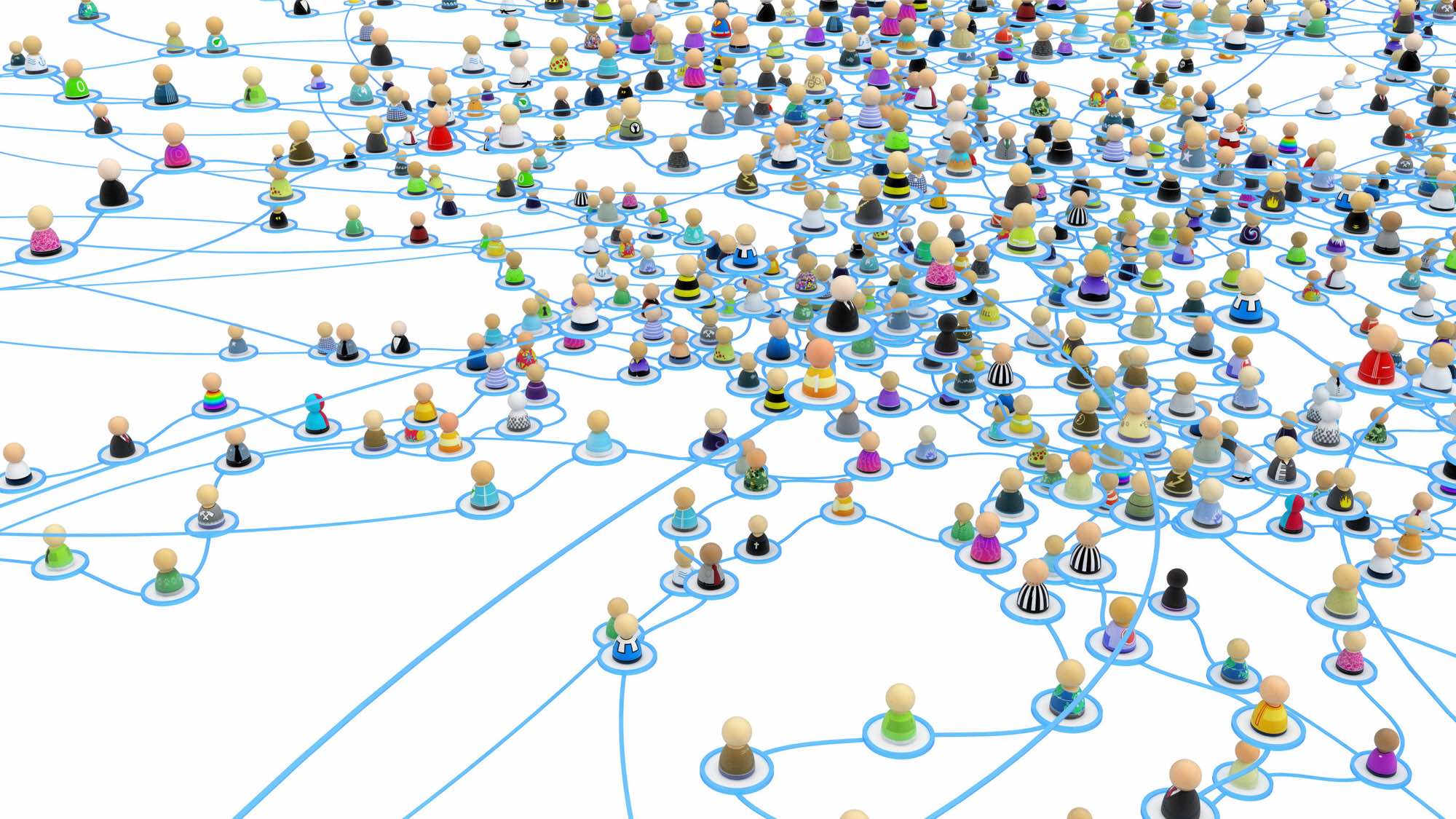Virtual learning, also known as online learning or e-learning, refers to the process of acquiring knowledge, skills, and education through academic contact delivered on digital platforms.
Virtual learning has become the precursor to the future of the workplace for many students, by encouraging fundamental abilities and flexible thinking styles that efficiently connect with the changing requirements in modern work situations. The e-learning wave is preparing its students to navigate the increasingly technology-driven workplaces. Self-directed learning, problem-solving abilities, and resilience are highly prized skills that come hand in hand with this phenomenon. Through virtual learning, students gain subject-specific knowledge as well as a broad skill set and flexible mentality that will prepare them for success in the workplaces of the future.
Over the last three years, online learning has become the norm for many students and instructors. It is not news that this adaptation has impacted society and mental health. Isolation, frustration, detachment, social anxiety, and depression are the most common struggles virtual learners are facing.
This new age of learning offers a large list of benefits for learners and educators. During the COVID-19 pandemic, students and teachers felt safer with virtual learning. From the start, it was agreeable and helpful. For guardians, this implied having more time at home with their children and more time to do home chores. Over the long haul, understudies, guardians, teachers, and educators have understood the difficulties of online classes, particularly their effects on individual psychological wellness.
Here is how you can find a balance between the challenges of virtual learning and prioritize mental well-being:
Slowing down and self-acceptance
Completing daily tasks while striving to consistently perform above expectations can be quite daunting. It is important to understand that it is okay to slow down when feeling overwhelmed. Breaks, physical activity, and social interactions are necessary to maintain a sense of structure. Achieving your utmost potential requires taking a moment to decelerate. It’s essential to acknowledge and celebrate not only your accomplishments but also your efforts, even in times when milestones aren’t reached.
Prioritize socializing
Socializing is essential for mental well-being because it offers connection, emotional support, and a sense of belonging. It reduces isolation, stress, and loneliness, while enhancing mood, self-esteem, and communication skills. Meaningful interactions foster empathy, understanding, and emotional resilience, contributing to a positive and balanced mental state.
Healthy Habits
Embrace the following habits to contribute to a holistic and balanced lifestyle that promotes physical and mental well-being: Regular physical activity releases endorphins that elevate mood and alleviate stress. A balanced diet provides essential nutrients for optimal brain function. Adequate sleep lows the brain to rest and consolidate memories, fostering clarity of thought. Mindfulness practices help manage stress and promote emotional regulation.
Seek support
Just as we seek medical assistance for physical illness, reaching out for help when facing mental or emotional challenges is a proactive step toward healing. It provides an opportunity to share feelings, gain perspective, and receive guidance from professionals, friends, or loved ones. Ultimately, it is an essential act of self-care that contributes to improved mental health.
Overall, it is important to recognize that challenges are always going to be present in the virtual learning process. It is essential to prioritize well-being with the help of experts, if necessary, so actions and goals are aligned with the best version of the individual.


